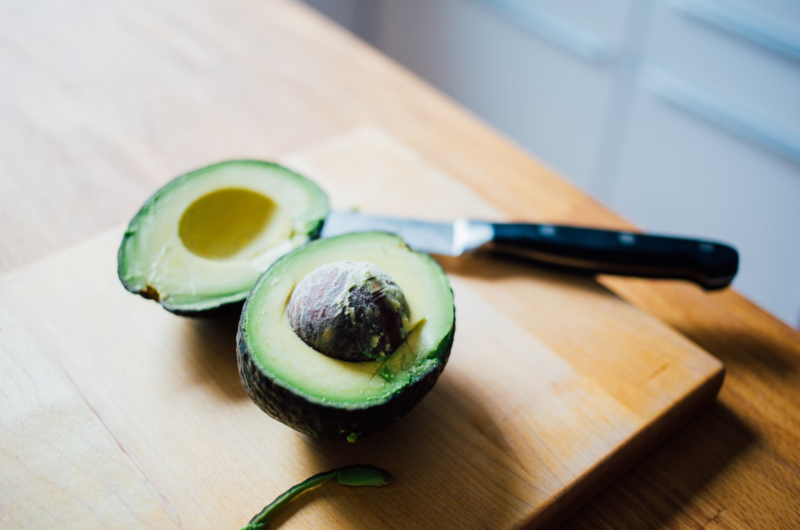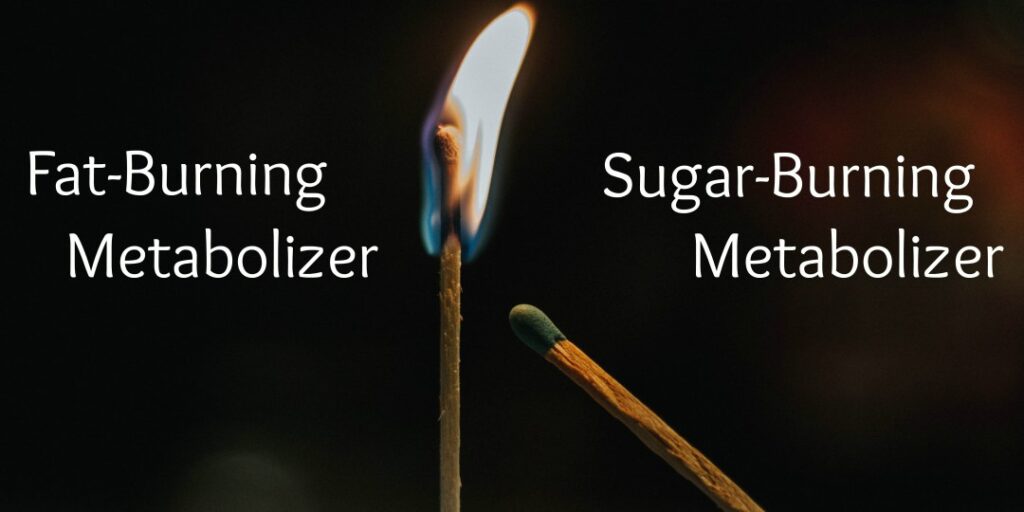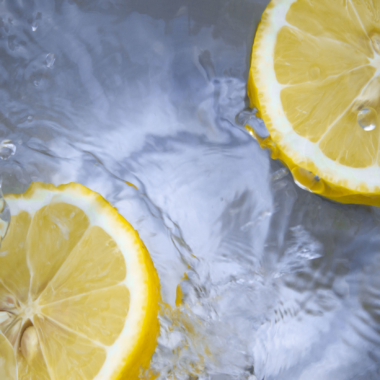This post may contain affiliate links, which means I make a small commission off items you purchase at no additional cost to you. Please read my disclaimer page.
We’ve all heard over and over that fats are bad, fats make you fat, fats cause heart disease, fats are evil, and so on so forth. Nothing could be further from the truth. Fats are not the enemy! Our low-fat eating has led us into more chronic diseases than ever, more and more obesity, and overall malnourishment and poor health. Continue reading to find some of the reasons why healthy dietary fats are necessary for optimal health and well-being:
Omega-3’s: We all know that Omega-3’s are an essential part of a healthy diet. Much of our population has an imbalance of fatty acids… The Standard American Diet is very high in Omega-6’s and very low in Omega-3’s.
Prostaglandins: In order for our body to heal, it needs to be able to both anti-inflame AND inflame. We need a proper amount of fats in our diet so that our body can form the inflammatory and anti-inflammatory prostaglandins that are necessary for healing.
Cholesterol: Cholesterol is GOOD. Our body absolutely needs cholesterol to survive. If we aren’t eating enough in our diet, then our body will just start making more cholesterol. As much as people have been afraid of cholesterol and fats, we have really deprived our body of some essential nutrients. Fats are actually our heart’s preferred source of energy. Read Put Your Heart in Your Mouth by Dr. Natasha Campbell-McBride to learn more about why cholesterol and fats are necessary for our health, including for our heart.
Satiety: Fats are the most satiating nutrient in our diets, meaning that they keep us fuller for longer. Eating more fats in your diet will curb cravings, fill you up, and actually end up making you eat less because you aren’t relying on a constant intake of glucose to keep you going.
Weight Loss: Like I said above, eating plenty of dietary fats helps keep you fuller for longer. Therefore, you will not feel “constantly” hungry, and will no longer need to snack all day long. Weight loss is more about reducing processed food and sugar intake, so eating plenty of healthy fats will keep your food tasting delicious and balance out your appetite, while balancing your blood sugar and hormones for weight loss.
Fat-burning metabolizer vs. Sugar burning metabolizer: Eating a higher fat diet not only changes your hunger levels, but it actually changes the way your body functions. When someone eats a high-carb, low-fat diet, they typically become sugar burning metabolizers. This means that they thrive off of glucose, and when their glucose levels drop, they become fatigued, irritable, hungry, and can only think about their next meal. However, when someone eats a diet high in healthy fats and allow their bodies to become fat-burning metabolizers, then they stay satisfied between meals and never get those symptoms of low-blood sugar. They can go without feeling hungry, but would also enjoy eating when the next meal comes around.
Brain function: Our brains thrive off of fat! Our brain is primarily made of fatty tissues and an adequate intake of dietary fats is essential to proper brain function. Eating fats will increase your concentration, give you more clarity, and so much more.
Mental health: Like I said above, our brain thrives off of healthy fats. To have a healthy brain is to have healthy mental function. Dietary fats are crucial to balancing the hormones and chemicals in our brain to optimize mental health and stabilize mood.
There are SO many reasons why dietary fats are crucial to health, and I barely even touched the surface. Essential fatty acid deficiency is an epidemic in the American population and is a large cause of many of our dysfunctions, obesity, and disease. We need to go back to our roots and give our body proper fuel to function optimally. Now that I have discussed a few reasons why fats are healthy, let’s talk about which fats are healthy and which ones should be avoided.
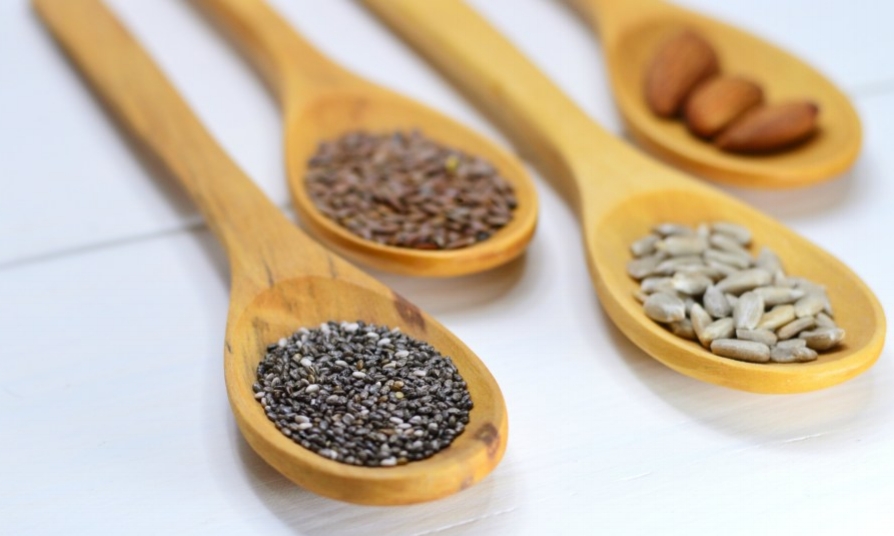
What fats are healthy?
The choices you make with your food are crucial. This includes what fats you eat. Here’s a quick list to summarize good dietary fats:
- Soaked or sprouted nuts and seeds (with the exception of peanuts – which are actually a legume)
- Wild-caught, fatty fish such as salmon, sardines, mackerel, or herring
- Wild-Caught Cod liver oil and fish oil
- Coconut oil and palm oil (unrefined, virgin)
- Whole eggs from pasture-raised chicken, duck, goose, or quail
- Grass-fed and pasture raised meats and their rendered oils (such as tallow, duck fat, turkey fat, lard)
- Raw dairy (butter, cheese, milk – grass-fed)
- Clarified butter/ghee (grass-fed)
- Avocado oil, olive oil, macadamia nut oil, walnut oil, almond oil, hemp oil, etc.
- Avocados
What fats are a bad?
These are the fats that should NEVER be consumed:
- Canola oil (rapeseed and mustard seed)
- Vegetable oils – cottonseed, corn, and soy
- Hydrogenated/fully hydrogenated oils
- Trans fats
- Any rancid, denatured, or expired oils
If you are interested in reading more about oils, then go to my post here where I talk about what oils are good to cook with and which oils are not heat-stable.
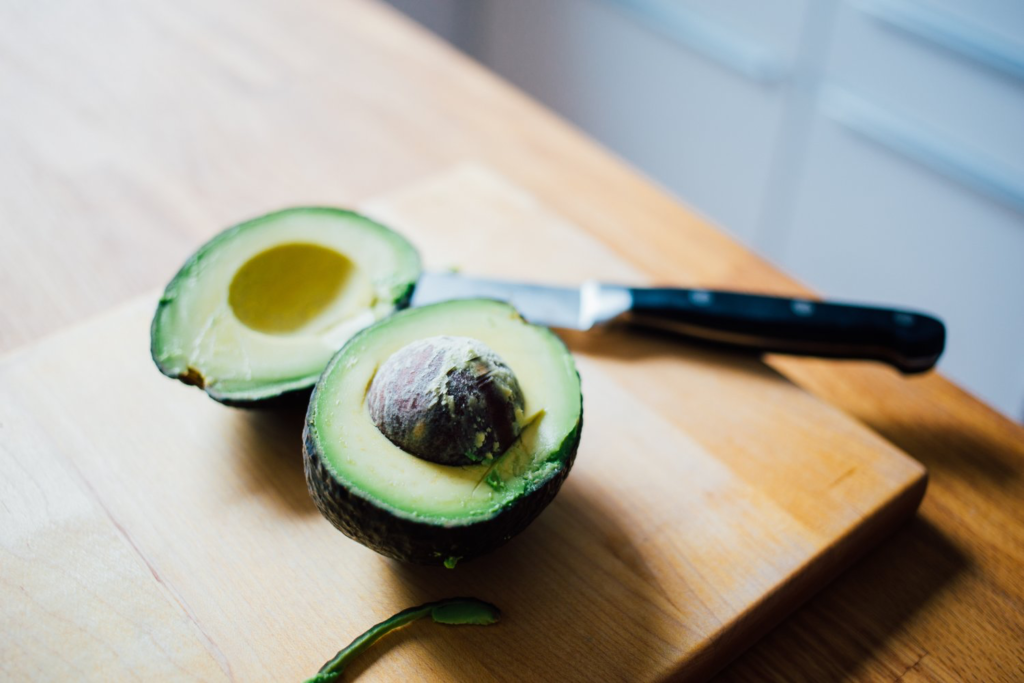
For some interesting reads about fats and why they are CRUCIAL to maintaining good health (and even life!), then take a dive into these books:
- Nutrition and Physical Degeneration by Weston A. Price
- The Big Fat Surprise by Nina Teicholz
- Put Your Heart in Your Mouth by Dr. Natasha Campbell-McBride

